News: Goods
Economic Coercion by China: The impact on Australia's merchandise exports
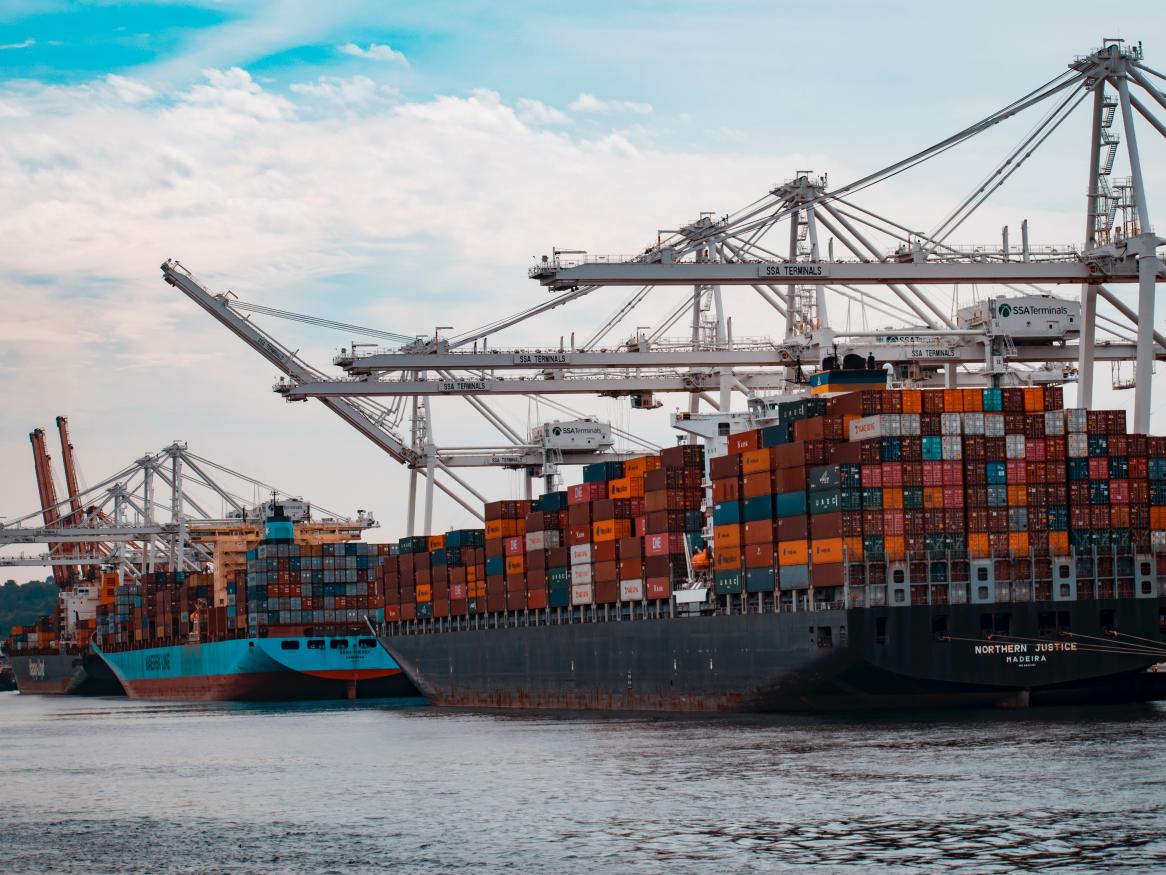
WORKING PAPER 04
Australia is estimated to have foregone export revenue of around US$4.9 billion (A$6.6 billion) over July 2020 to February 2021 as a result of China’s restrictions or discriminatory purchasing affecting eight key commodities – coal, copper ores and concentrates, frozen beef, wine, cotton, barley, rough wood and rock lobster.
[Read more about Economic Coercion by China: The impact on Australia's merchandise exports ]
Can progress be made multilaterally on agricultural trade?
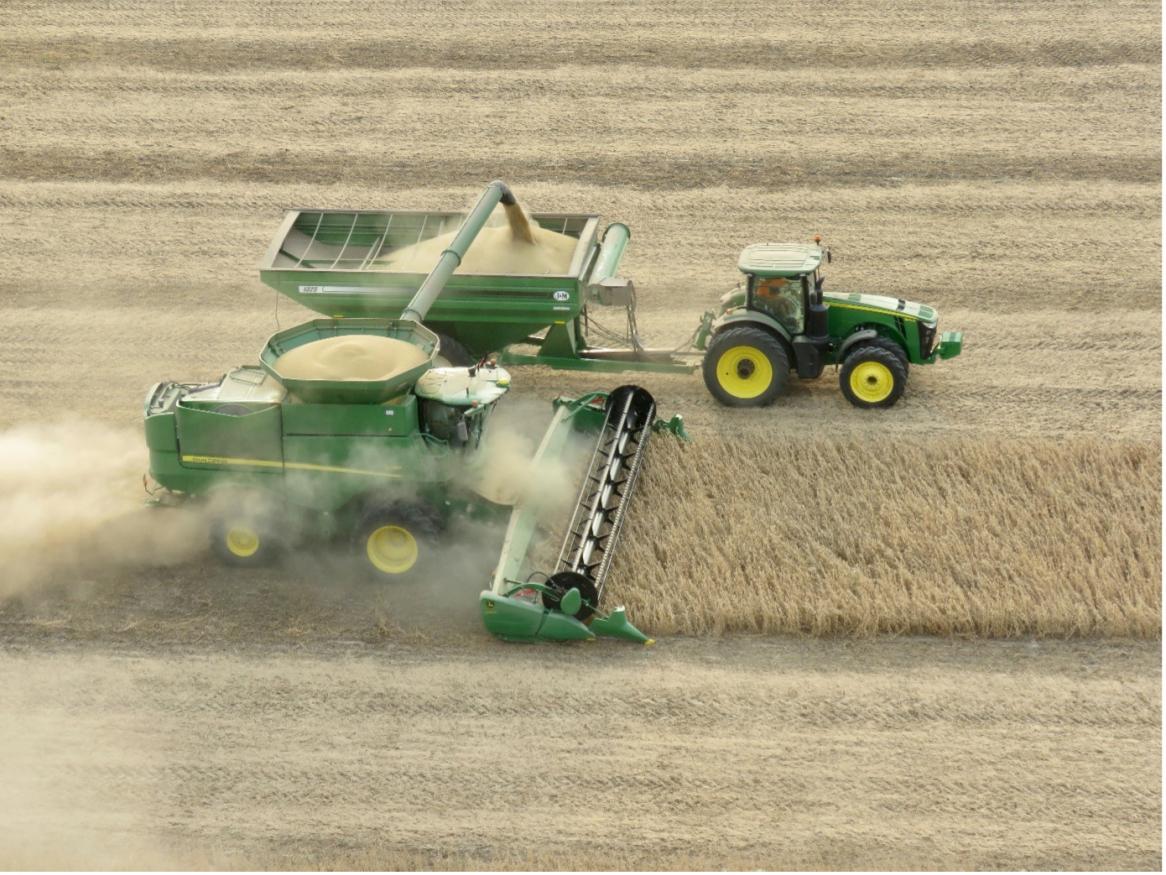
The WTO has been experiencing deadlock in its negotiating function since the collapse of the Doha Round. This threatens to undermine the legitimacy of the WTO, and drive Members to seek progress outside the organization. The difficulties of agricultural negotiations offer a microcosm for understanding the wider multilateral universe. Against this background, a group of academics, former high-level officials of international institutions and former negotiators have come together to try to inject some new energy and new ideas into the multilateral process in a project called “New Pathways”.
[Read more about Can progress be made multilaterally on agricultural trade?]
The market is a powerful instrument to counter human rights violations in China
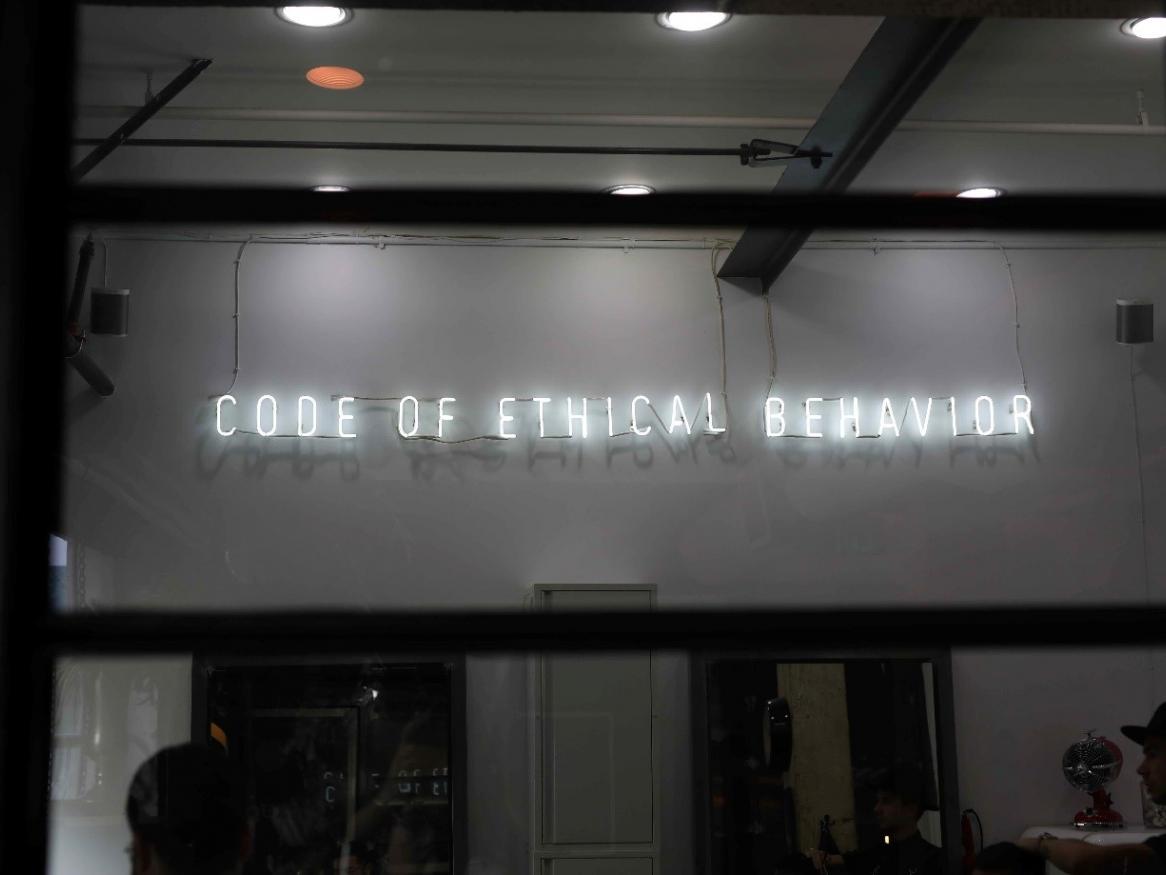
Andreas Freytag, Professor and Chair of Economic Policy, Friedrich Schiller University, Jena and Visiting Professor with IIT
European Union (EU) foreign ministers have finally responded to China's documented human rights abuses by imposing sanctions on four individuals and one organization believed to be substantially involved in the oppression of Uyghurs in north-western China. Reports of the Chinese government's treatment of the Uighurs provide evidence of mass detention and human rights abuses.
[Read more about The market is a powerful instrument to counter human rights violations in China]
Morphing Risks to Australia’s Goods Trade with China
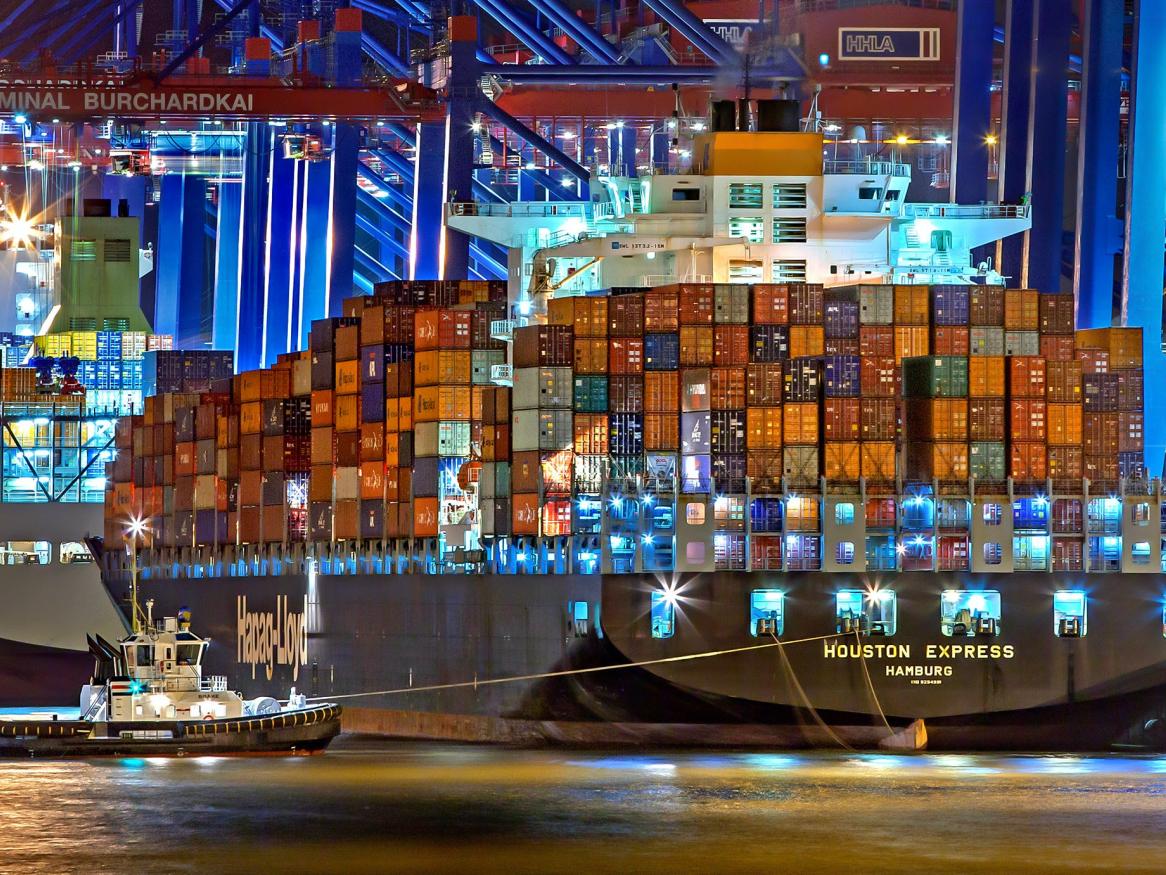
WORKING PAPER 02
At the start of 2020, the US-China Economic and Trade Agreement (the Phase One Agreement or Agreement) captured the attention of Australian policy makers and business. China had agreed to substantially increase goods imports from the United States in 2020 and 2021 and to accept certain US standards and conformity assessment procedures to assist US companies to access Chinese agricultural markets.
[Read more about Morphing Risks to Australia’s Goods Trade with China]
Building more resilient global value chains
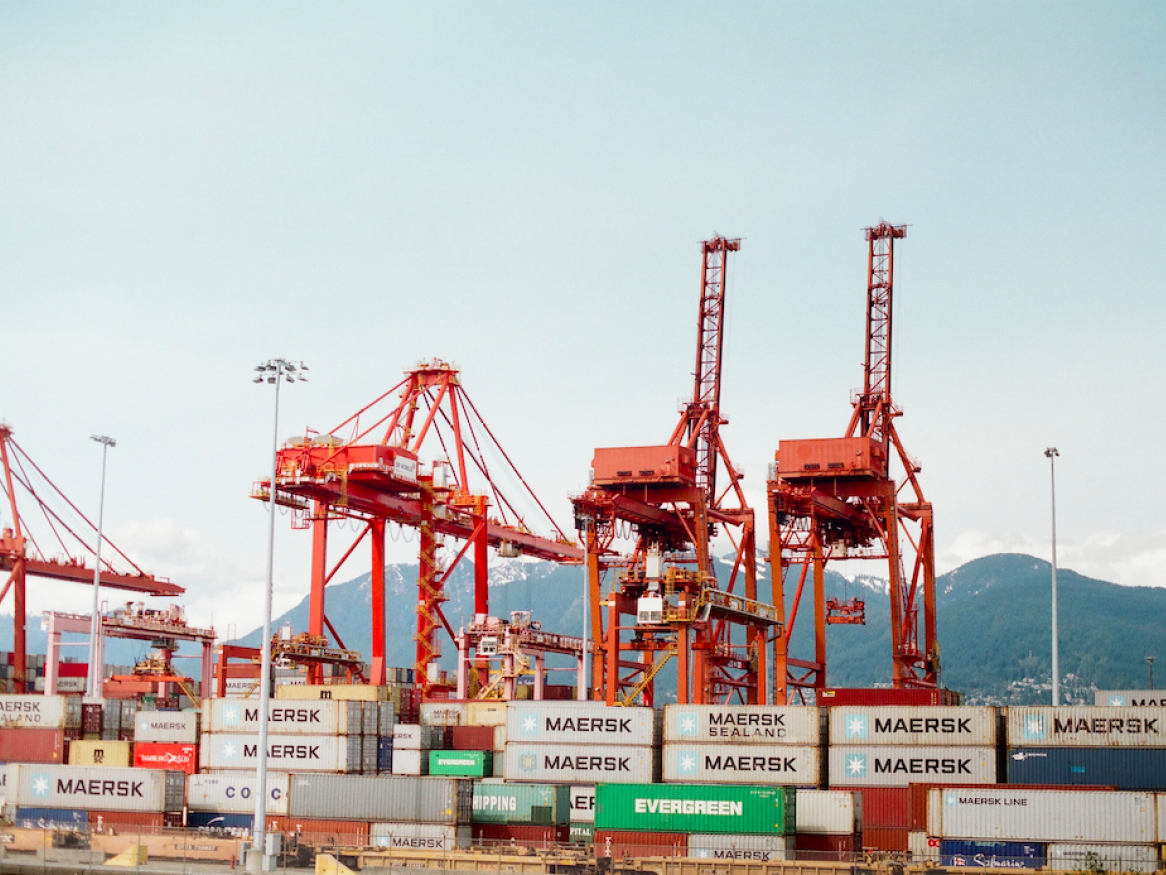
Ken Ash, Independent Consultant, IIT Visiting Fellow, and former OECD Director of Trade and Agriculture.
The COVID-19 pandemic emerged in a world characterized by high trade tensions and considerable inertia across the multilateral trading system. A number of countries were moving towards plurilateral, regional and bilateral trade arrangements, and some governments were already beginning to explore ways in which they might more actively shape domestic economic activity.
[Read more about Building more resilient global value chains]
United States Trade Policy Under a Biden Presidency: Challenges and Opportunities
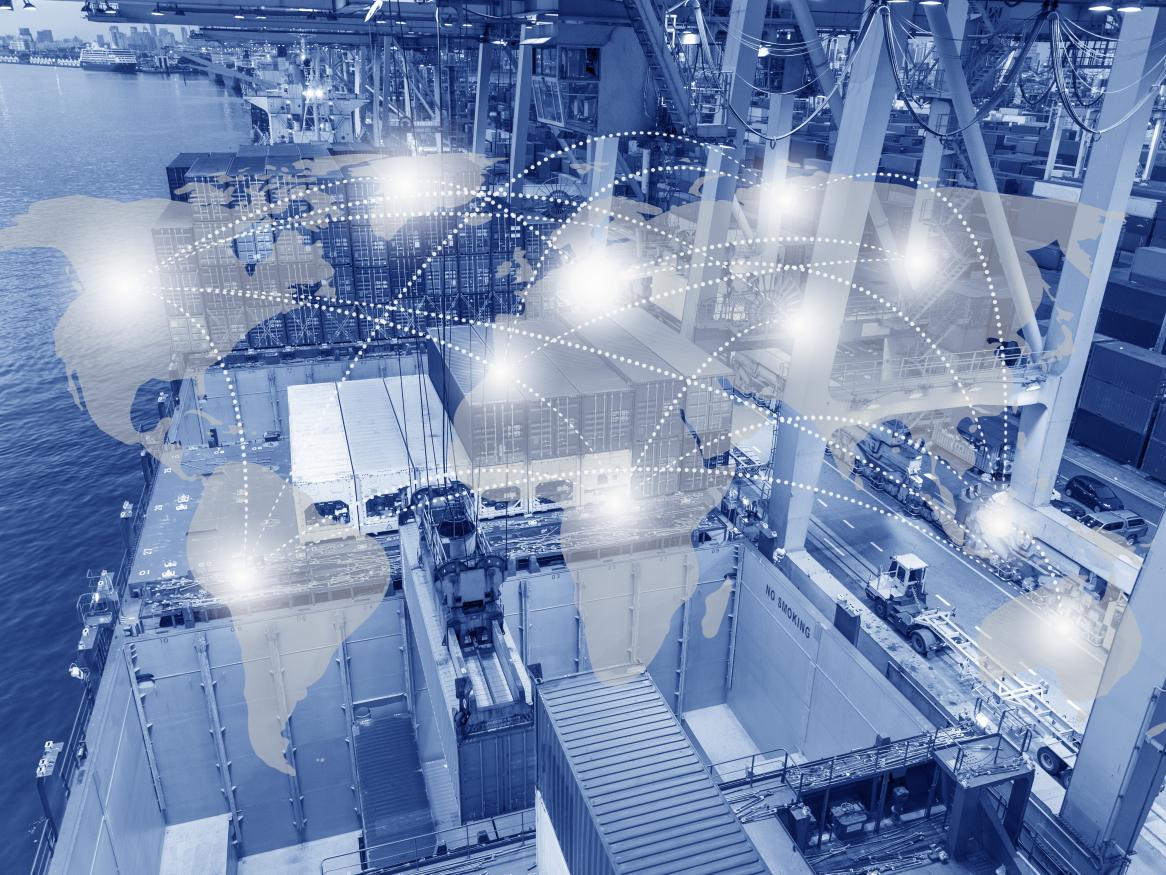
Visiting Fellow Milton Churche. Milton Churche left the Australian Department of Foreign Affairs and Trade in 2018 after working on trade policy since 1987.
The Trump administration has called into question the value of trade agreements, including of the World Trade Organization (WTO), abused the concept of national security to justify openly trade protectionist actions, invoked “trade wars” as legitimate policy tools to advance national objectives, and moved in the direction of managed trade. Would a Biden presidency bring a decisive change in direction on US trade policy?
[Read more about United States Trade Policy Under a Biden Presidency: Challenges and Opportunities ]
Managing the risks of rising government support: a case for policy transparency

Ken Ash is an Independent Consultant, IIT Visiting Fellow, and former OECD Director of Trade and Agriculture.
Governments generally support the smooth functioning of their domestic economies, through maintaining systems of good governance and the rule of law and ensuring a coherent macroeconomic and structural policy environment. Extraordinary support is sometimes also warranted, as is the case today to mitigate the economic impact of COVID-19. Few would dispute that these are essential roles for governments.
[Read more about Managing the risks of rising government support: a case for policy transparency]
Prospects for Australian free trade with a post-brexit United Kingdom

Andrew Stoler, former WTO Deputy Director-General; former Office of the United States Trade Representative senior trade negotiator; and former Executive Director of Institute for International Trade.
Now that the United Kingdom (UK) is once again pursuing an international trade policy independently of its previous membership in the European Union (EU), the UK Government has made clear that it intends to pursue free trade agreements (FTAs) with “Anglosphere” countries (United States, Canada, Australia and New Zealand).
[Read more about Prospects for Australian free trade with a post-brexit United Kingdom]
China used anti-dumping rules against us because what goes around comes around
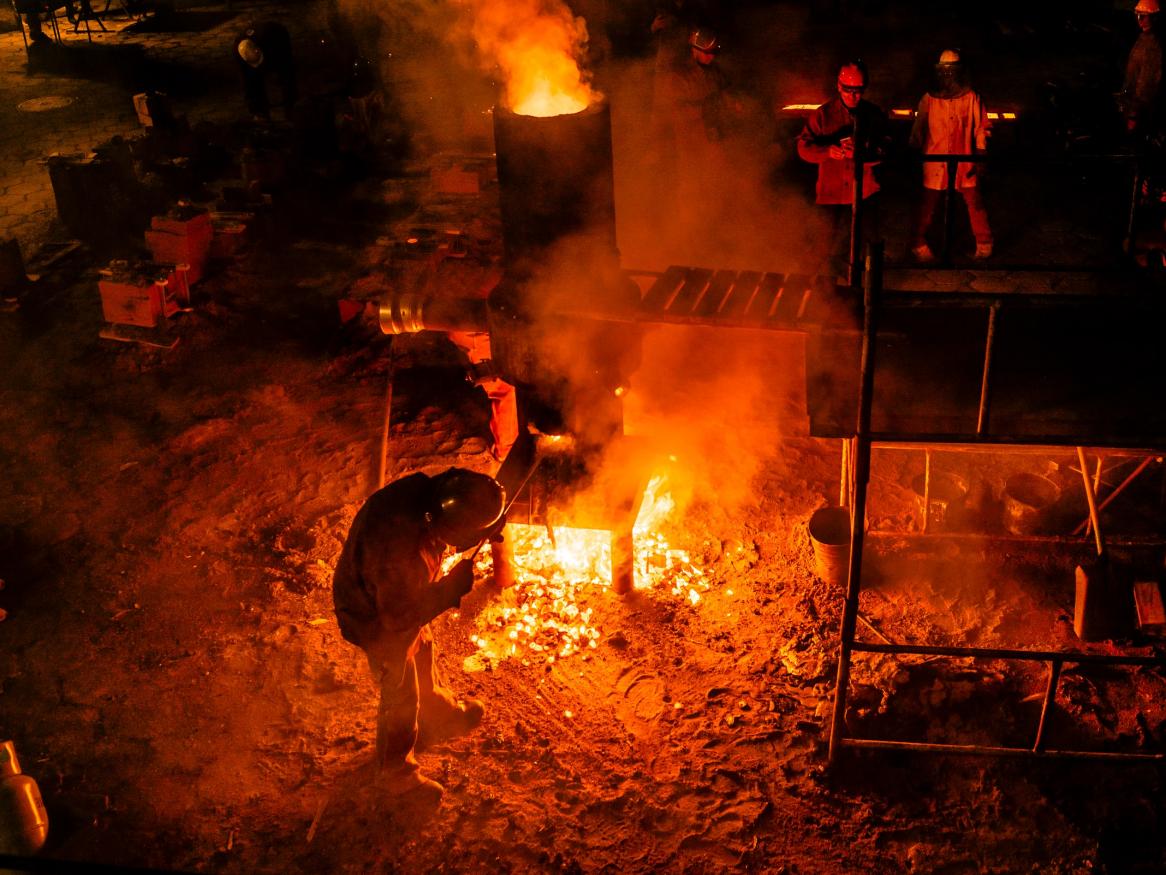
Australia has acted with dismay to China’s decision to impose punitive mostly “anti-dumping” tariffs of 80.5% on imports of Australian barley. The culmination of an 18-month investigation, China’s move threatens to wipe out Australian barley exports to China, worth A$600 million in 2019, unless China withdraws the measure either unilaterally or following a successful challenge at the World Trade Organisation (WTO). However poorly justified, there are precedents for what China has done, many of them from Australia.
[Read more about China used anti-dumping rules against us because what goes around comes around]
A Phase One Deal, but for what purpose?
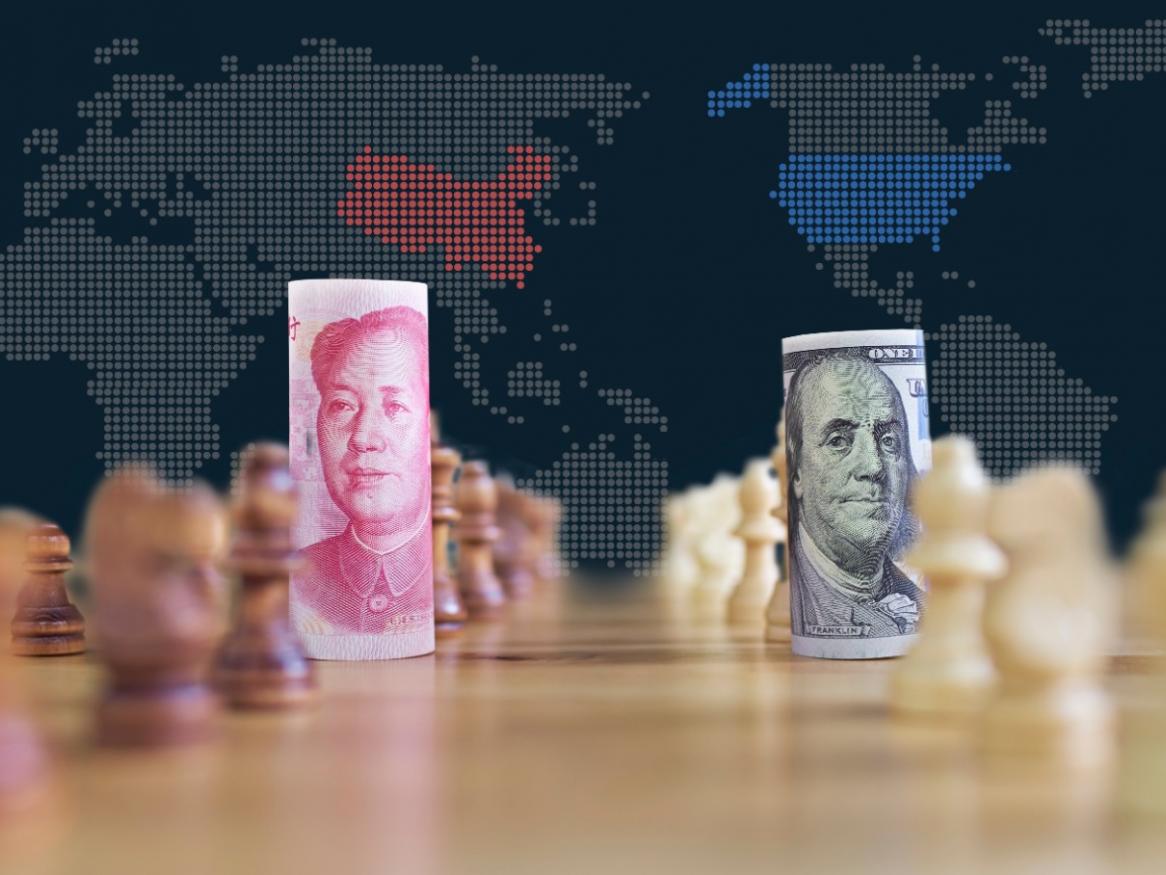
Naoise McDonagh - Lecturer, Institute for International Trade, University of Adelaide
What does the Phase One trade deal between the U.S. and China indicate for the wider trade conflict between the two countries? To answer that question requires analysis of the deal’s specifics in the broader context of the trade conflict and its underlying causes.
This work is licensed under Commons Attribution-NonCommercial-NoDerivatives 4.0 International License.
IIT is a global leader in researching, analysing and commenting on International Trade.
Stay informed about our up-and-coming seminars, events, publications, awards, new projects and collaborations, and other exciting news.
